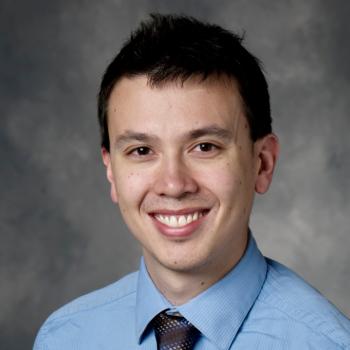Bio
My research focuses on developing and translating genomic technologies in oncology. Specifically, I focus on methods for detecting, monitoring, and studying malignancies from cell-free DNA, with a particular emphasis on non-Hodgkin lymphomas (NHLs), lung cancer, as well as other tumor types. I aim to create tools to rapidly detect and quantify tumors and their response to chemotherapy and immunotherapy, thereby enabling personalized therapies. Toward this end, I utilize tools from a wide range of disciplines, including bioengineering, computational biology, and medical oncology. I have developed and implemented multiple next generation sequencing approaches for detection of circulating tumor DNA (ctDNA) in lymphomas, including immunoglobulin high-throughput sequencing and targeted approaches such as Cancer Personalized Profiling by Deep Sequencing (CAPP-Seq). This research has directly led to the translation of ctDNA into the clinic in multiple ongoing novel clinical trial paradigms.
In addition to development of novel molecular biology tools, I also have interest in developing tools to utilize liquid biopsies for clinically relevant applications. An example of this is the Continuous Individualized Risk Index, or CIRI, a novel computational technique to dynamically determine outcome probabilities for individual patients utilizing risk-predictors acquired over time. CIRI demonstrated improved outcome prediction across several cancer types as well as the ability to predict specific subgroups of patients who would benefit from targeted therapies, suggesting utility in precision diagnostics. Additionally, I and others developed the Cancer Likelihood in Plasma, or CLiP method, a novel molecular biology and computational approach to leverage diverse features of cell-free DNA sequencing for non-invasive cancer screening. By applying CLiP to patients undergoing radiographic screening for lung cancer (Lung-CLiP), we demonstrated high sensitivity and specificity for detection of lung cancer in patients, including those with small early-stage tumors.
My ongoing research is currently focused on applying tumor and cell-free DNA sequencing toward understanding mechanisms of disease response and resistance in diverse malignancies, including lymphomas, lung cancer, and other hematologic neoplasms. I am additionally developing new technologies to detect alternative genetic and epigenetic tumor features from liquid biopsies, including sensitive detection of copy number alterations, gene expression inferences, and tumor heterogeneity deconvolution.


